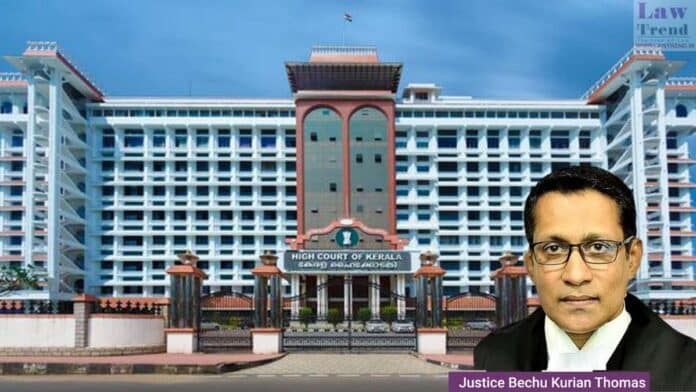In a significant ruling, the Kerala High Court has held that decisions made under Section 29 of the Protection of Women from Domestic Violence Act, 2005 (DV Act) can be challenged through a criminal revision petition. This ruling was delivered by Justice Bechu Kurian Thomas in the case of C.K. Kunjumon v. State of Kerala
To Read More Please Subscribe to VIP Membership for Unlimited Access to All the Articles, Download Available Copies of Judgments/Order, Acess to Central/State Bare Acts, Advertisement Free Content, Access to More than 4000 Legal Drafts( Readymade Editable Formats of Suits, Petitions, Writs, Legal Notices, Divorce Petitions, 138 Notices, Bail Applications etc.) in Hindi and English.




